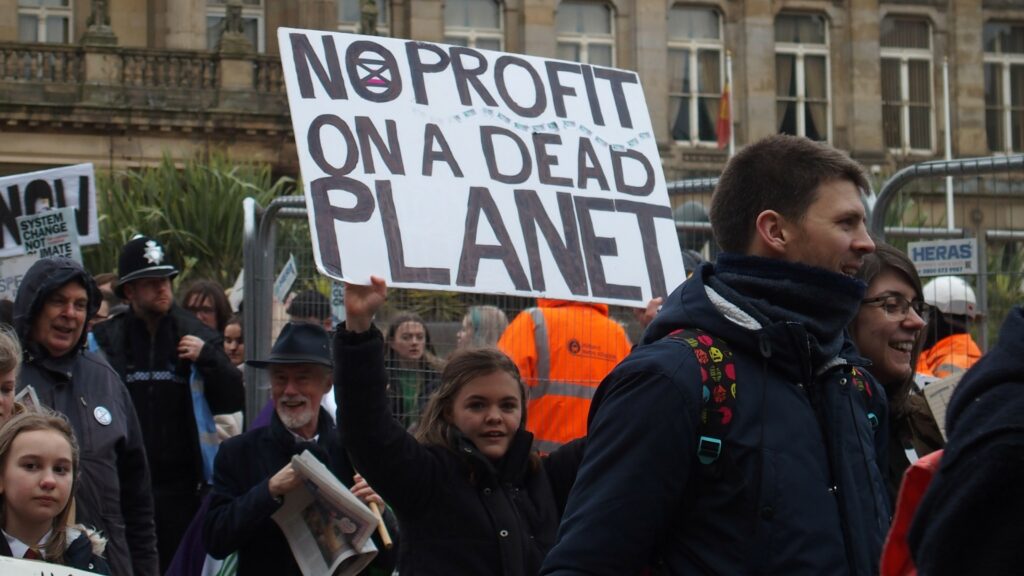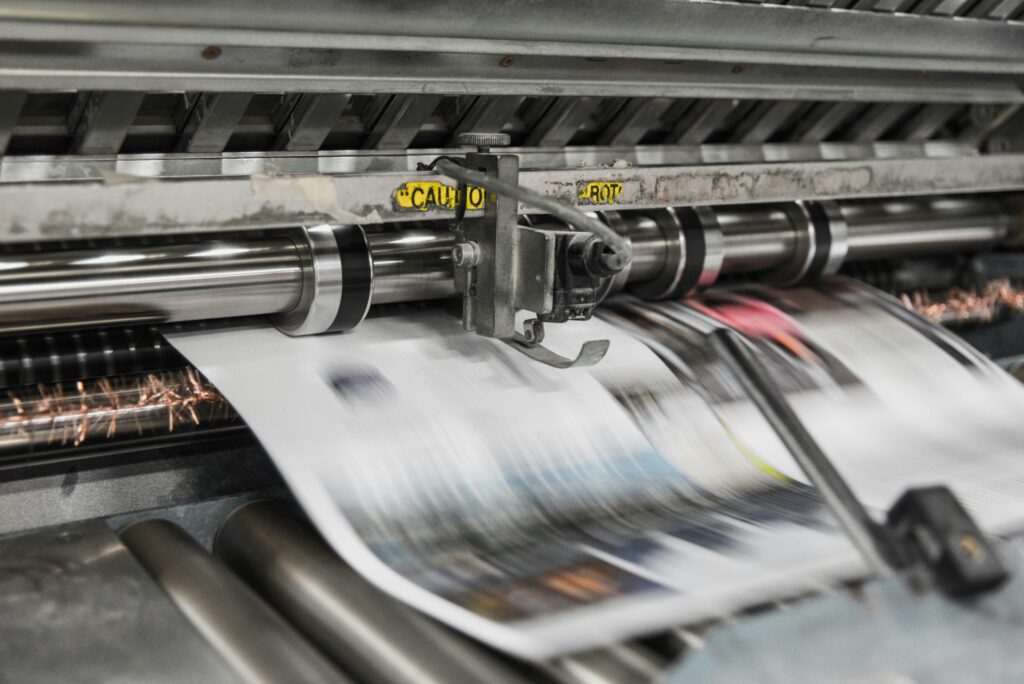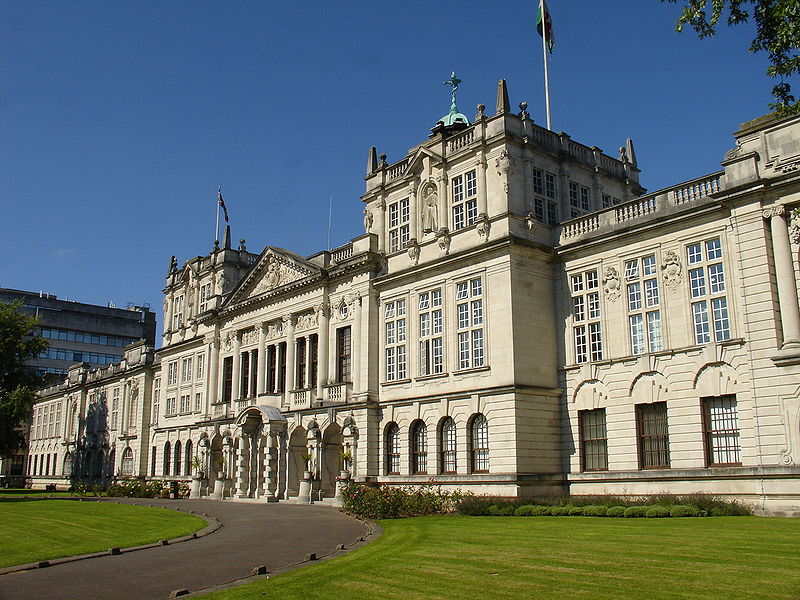Ken Moon discusses the roots of the climate crisis and explains why communities in Wales must stand together for a cleaner future
The Between the Trees Festival was founded in 2014 by Andrew Thomas & Dawn Wood to help people reconnect with the natural world through music, nature, science & wellbeing. The 2022 environment talks culminated in a panel discussion entitled ‘Climate Change – the Big Debate’. As a local climate and land rights activist, I was asked to come up with 5 things that people can do to help tackle climate change.
In preparation, I was keen to avoid the individual actions we can take. After all, unless you happen to be a multi-billionaire then the climate & nature emergencies are far bigger than we can hope to individually address. I also wanted to avoid the implied finger pointing that comes with such lists. Yes, there are aspects of our behaviours which we can all change, but it is the failing of successive governments to address the issue of infinite growth on a finite planet that has brought us here.
And in this I was mindful of XR’s 3 demands of our elected Governments & the Media:
- Tell the Truth
- Act Now
- Go Beyond Politics
We need tools to understand what is holding us all back on a very deep collective level as a society. To understand why Wales carbon reduction targets are aimed at 2050, instead of 2035. And why most decision makers in Wales continue to base many of their decisions on the priorities of ‘the economy’ rather than the future wellbeing of the planet.
I asked myself if such decisions reflect a denial about the scale of the climate emergency and be part of something much deeper. And in this I would not be the first to conclude that it is not the climate emergency we are in collective denial over, but the role of our economies in undermining our planet’s ability to sustain our way of life.
Colonialism and the climate crisis
In 2022 the International Panel on Climate Change asserted that ‘colonialism has exacerbated the effects of climate change’, and ‘historic and ongoing forms of colonialism have helped to increase the vulnerability of specific people and places to its effects’. Or to put it more directly, capitalism is a key cause of the climate crises.
In short, we have exploited the means of production beyond the means of sustenance; and the planet, its people, and over a million species have become the unwilling victims of capitalism’s success.
Choosing five things then, was going to be a bit tricky.
There is a spectrum of denial which also includes a failure to accept the scale of the predicament, the speed at which climate change is happening, an assumption that profit driven investments into technological fixes will be enough, or that whilst these things may happen to other people, they won’t happen to us.
But I duly submitted my top five, set them to one side, and looked forward to the festival. Then, on the day of the debate, about half an hour before we were due to start, I was asked to shorten my five actions down to just one. Just one thing that we all needed to do to help tackle climate change. Oh, good grief!
I munched on my locally sourced burger and did some more thinking.
Capitalism has proven itself to be a very useful, successful and resilient means of structuring our global society. Advocates of capitalism make the case that the capitalist approach to economic development has helped human society to generate global wealth and deliver a standard of living which previous generations could barely have imagined. Yet there are many others who argue that this progress would probably have happened anyway and could have been delivered more equitably within a less selfishly oriented economic system.
Add to this the history of warnings which have consistently been made across a whole range of fields about the inherent dangers of breaching the stress points of our planetary ecosystems. From the very earliest writers speculating about the effects of carbon emissions at the dawn of the industrial revolution, through Rachel Carson’s Silent Spring and the Club of Rome in the 1970s, the Rio Earth Summit in 1992 to the climate scientists and ecologists of the present day.
The capitalist model of infinite growth on a finite planet has not been without its critics. But even knowing this we all seem to be collectively stuck, unable to get beyond pretending that we do not need to listen to what that growing body of evidence has been so clearly telling us. Munch, munch, think, think.
How do we get beyond the denial that the economic model is the problem? How do we reach a place of acceptance that allows us to let go of the economic model? How do we begin to reorganise and restructure human society to deliver for the well-being of all beings, both now and in the future?
OK, I had my burger and ate it, and I was ready.
Let us grieve the end of capitalism
In 1969 Swiss American psychiatrist Elisabeth Kubler-Ross introduced the five stages of grief in her book ‘On Death and Dying’. It was inspired by her work with terminally ill patients and while it is popularly known as the five stages of grief, she originally intended for the model to describe a series of emotions experienced by people who are dying. Given where we are this model is of direct relevance to us precisely because our way of life is coming to an end.
It is the rare climate activist that is unfamiliar with climate denial; with the arguments that climate change is either simply part of a bigger natural cycle, which most climate scientists happen to have overlooked, or part of a conspiracy where billionaires like Elon Musk, or public bodies like Welsh Government are trying to get us to change our way of life simply to sell electric cars. Like many climate activists I’ve found those practising climate denial frustrating in the extreme.
But if denial is the beginning of coming to terms with loss, then is climate denial both a fair and reasonable human response deserving of our compassion & understanding?
Afterall, denial about climate change does not end simply with denying that it exists. There is a spectrum of denial which also includes a failure to accept the scale of the predicament, the speed at which climate change is happening, an assumption that profit driven investments into technological fixes will be enough, or that whilst these things may happen to other people, they won’t happen to us.
“The same waters that our people just died in three days ago are the same waters the very next day these visitors – tourists – were swimming in.” Sophie Long, Maui.
We find ourselves living in two separate worlds. The world we lived in before we became aware of climate change, the world of our personal everyday experience. And the one that might exist once we accept that the climate & nature emergency are a very real and present danger. Of course, at both an individual and collective level this reality can seem to exist beyond the realms of our ability to act. Denial then is a reasonable psychological response to our predicament.
We can either get stuck with denial, or we can start to get angry about it.
And anger is often reflected in behaviours such as blaming others. Individuals and NGO’s blame governments, those who don’t fly, drive SUVs, eat meat, burn coal, oil, or wood. The global south blames the global north, and rich nations blame poor. Those living in small countries like Wales, blame large ones like China? And while young people blame those who came before, some of us blame ourselves for not doing more.
It is not that these arguments are without foundation. But they can prevent us from moving forwards whilst we bicker with one another over who’s doing enough. It’s not wrong to get angry. There’s a great deal at stake. And it’s also part of the process.
Today there are hundreds of communities across Wales working together to act on climate change. Hundreds of communities reimagining an alternative vision for their future and ours. Hundreds of communities laying the foundations of a new sustainable Wales.
And we bargain! Whoa, do we bargain!? We bargain with science, we bargain with nature, we bargain with time itself. From the Rio Earth Summit 1992 to COP26 we’ve wheeled and dealt like there’s a tomorrow. In March 2019 the UN General Assembly declared that we have 11 years to avert a climate catastrophe, and in April that year the Welsh Government declared a Climate Emergency ahead of launching its first carbon budget to get to 80% of net zero by 2050. The second carbon budget was announced in 2021, updating the plan to meet net Zero by 2050.
And globally we’ve been bargaining this way since the Rio Earth Summit in 1992.
And when we hear that despite all this bargaining with each other the evidence is that our governments commitments will not be enough to keep the rise in global temperatures below the critical level of 1.5C, we can get seriously depressed. We interrupt this article for an indeterminate impasse of depression fuelled paralysis & inaction brought to you by the unbearable weight of knowing that whatever we can do as individuals acting alone, no list of any five things will ever be enough.
Stay with me though. Because whilst this can be the hardest stage, once we’ve worked through our depression, we can finally come to acceptance. Acceptance is that stage in the grieving process when we can finally allow, at the core of our being, that death does indeed come to us all. Or, in this case, that our current way of life is killing us. Only then can we be ready to meet death, rebuild our life without a cherished loved one, or begin to build a new way of life, even as the old one is dying around us.
Robust debate and agenda-setting research.
Support Wales’ leading independent think tank.
And for many people, accepting death as a reality on a personal level, can be where religion can have such a key role to play, offering comfort and the hope of life after death. Yet what is true at this very personal level, is also true at the collective. Before either our governments, or the media, can tell us the truth about the severity of the climate crises, or the appropriate response needed to tackle it, then those who work within must have accepted this stark truth personally.
Short of inventing a new religion, how do we begin to collectively create a vision for what life after capitalism might look like? How do we both challenge the prevailing orthodoxy that capitalism is good AND offer a vision for alternative ways of living which are attractive to most people? How do we create the conditions in which people can believe that not only is another world possible, but desirable?
Firstly, we need to challenge the prevailing orthodoxy that our current way of life under Capitalism is the predestined and logical outcome of the evolution of human society. That selfishness and greed are the primary drivers of progress. And we need only look back as far as the end of World War Two for an inspiring example of this.
As recently as the late 1940’s our own parents and grandparents stood amongst the ruins of a global cataclysm and helped to create a society built on the idea of welfare for all. They did not do this out of the wealth created by capitalism, but by agreeing to share in the fruits of collective endeavour.
Built on the decades of slow patient work in the industrial communities of the foundations for the Welfare State were to be found in the mutually supportive infrastructure communities had created for themselves. The Welfare state grew and thrived under economic systems that recognised the need for progressive taxation. And despite the best efforts of neoliberalism, this state still stands today.
The lesson from our shared story is that we have the capacity not only to survive adversity, but to create better worlds for ourselves by working together. Today there are hundreds of communities across Wales working together to act on climate change. Hundreds of communities reimagining an alternative vision for their future and ours. Hundreds of communities laying the foundations of a new sustainable Wales.
All articles published on the welsh agenda are subject to IWA’s disclaimer. If you want to support our work tackling Wales’ key challenges, consider becoming a member.





